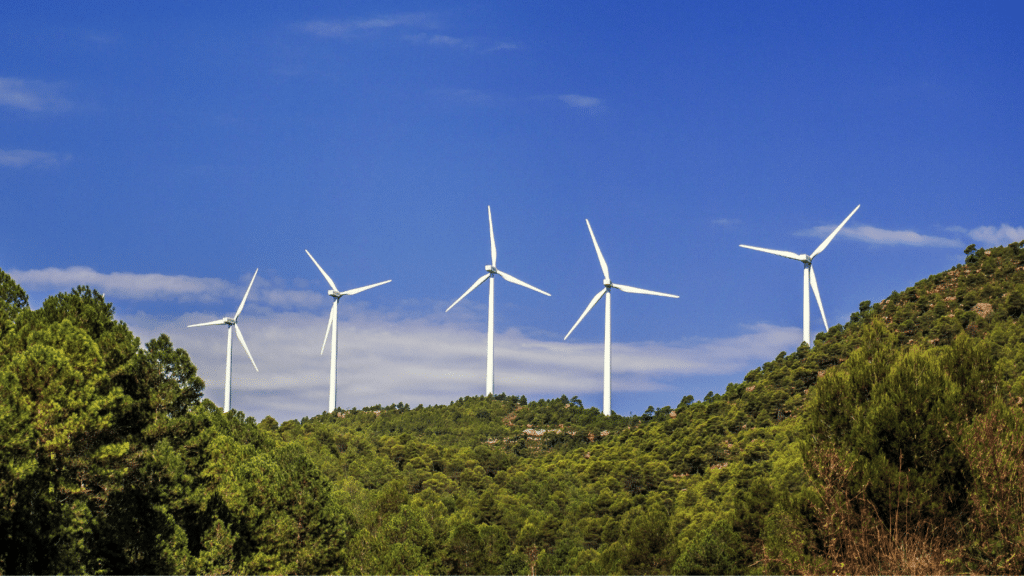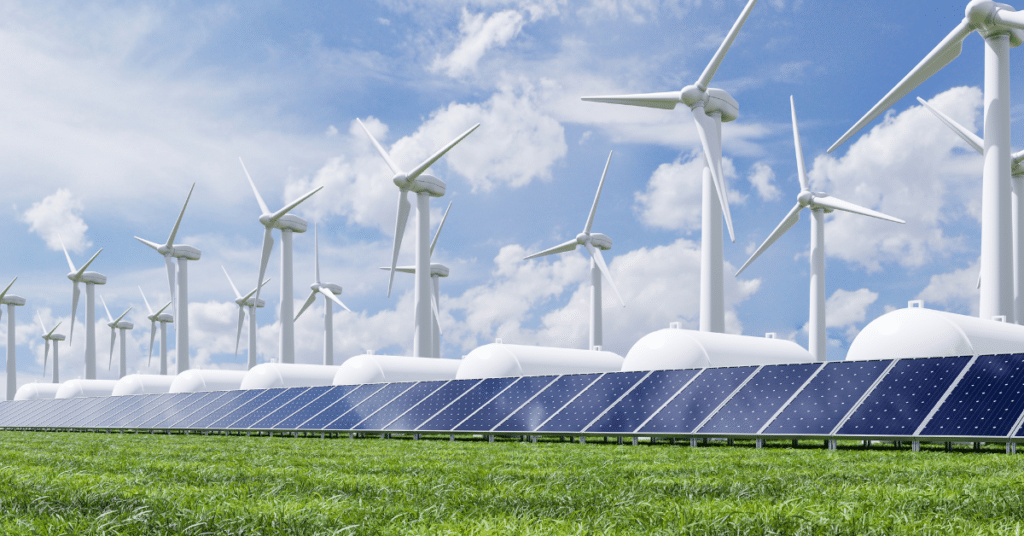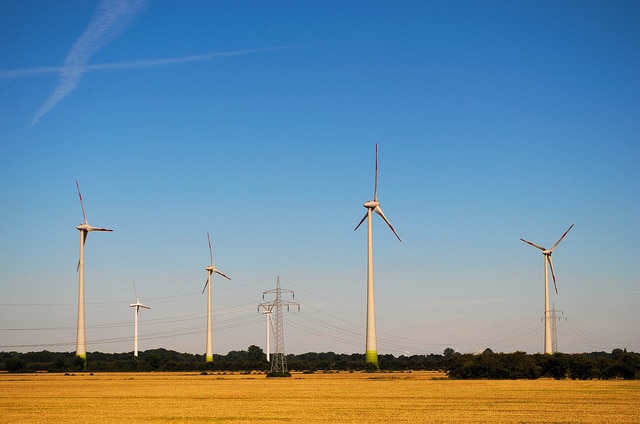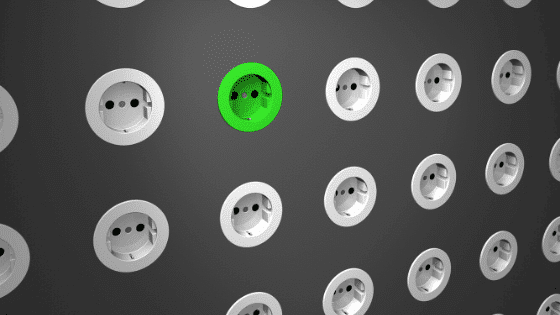Introduction Certificates that confirm that an undertaking has bought a certain amount of electricity from renewable sources do not normally involve State aid because they are not traded. However, when they are tradeable and are granted by a public authority for free or for a fee that falls below their market value, they normally involve State aid as they confer […]
State Aid Law
Blog
State Aid Uncovered Blog
In Lexxion’s State Aid Uncovered blog, Prof. Phedon Nicolaides publishes weekly critical analyses of recent State aid judgments and decisions. Each post presents the key points of a court judgment or EU Commission decision, places it in the context of similar case law or practice, assesses the underlying reasoning and highlights any inconsistencies or contradictions.
Guest contributions from other State aid experts will also be published on the blog at irregular intervals to complement the content of the blog posts.
- Green Electricity ×
29. August 2023 |
State Aid Uncovered
by Phedon Nicolaides
Introduction As indicated by its title, the Temporary Crisis and Transition Framework [TCTF] allows for State aid whose purpose goes beyond the immediate relief of the costs of the market disruption caused by the Russian invasion of Ukraine. Europe’s energy policy does not only aim to reduce dependence on Russian gas, but also to shift to low or zero carbon […]
22. October 2019 |
State Aid Uncovered
by Phedon Nicolaides
Member States may reduce the amount of State aid they grant and companies may not claim they have a right to State aid. Introduction Close to 60% of all aid granted to industry and services in the EU goes to support environmental protection, energy efficiency and the generation of electricity from renewable sources of energy. However, as technology improves, the […]
31. May 2016 |
State Aid Uncovered
by Phedon Nicolaides
Arrangements established by law whereby undertakings are compensated for any extra payments they make to producers of green electricity are likely to bring those payments under the control of the state. Those payments will then be classified as state resources regardless of whether they are managed by private entities. Introduction On 10 May 2016, the General Court issued its […]
7. April 2015 |
State Aid Uncovered
by Phedon Nicolaides
Support of electricity production from renewable energy sources is normally compatible with the internal market. Reduction of taxes on electricity used by energy-intensive industries is allowed only for certain sectors exposed to international trade and only when they bear a certain cost. Taxes on imported electricity normally infringe free-trade and non-discrimination provisions, unless commensurate benefits are extended to imported electricity. […]
10. January 2014 |
State Aid Uncovered
by Phedon Nicolaides
Introduction Ever since the judgment of the Court of Justice in 2001 on PreussenElektra [case C-379/98], Member States have been grappling with the question of how to support electricity from renewable resources [green electricity] without granting State aid. In PreussenElektra the Court found that there was no transfer of state resources and no State aid, because the German government imposed […]
- Green Electricity ×
2. July 2024 |
State Aid Uncovered
by Phedon Nicolaides
Introduction Certificates that confirm that an undertaking has bought a certain amount of electricity from renewable sources do not normally involve State aid because they are not traded. However, when they are tradeable and are granted by a public authority for free or for a fee that falls below their market value, they normally involve State aid as they confer […]
29. August 2023 |
State Aid Uncovered
by Phedon Nicolaides
Introduction As indicated by its title, the Temporary Crisis and Transition Framework [TCTF] allows for State aid whose purpose goes beyond the immediate relief of the costs of the market disruption caused by the Russian invasion of Ukraine. Europe’s energy policy does not only aim to reduce dependence on Russian gas, but also to shift to low or zero carbon […]
22. October 2019 |
State Aid Uncovered
by Phedon Nicolaides
Member States may reduce the amount of State aid they grant and companies may not claim they have a right to State aid. Introduction Close to 60% of all aid granted to industry and services in the EU goes to support environmental protection, energy efficiency and the generation of electricity from renewable sources of energy. However, as technology improves, the […]
31. May 2016 |
State Aid Uncovered
by Phedon Nicolaides
Arrangements established by law whereby undertakings are compensated for any extra payments they make to producers of green electricity are likely to bring those payments under the control of the state. Those payments will then be classified as state resources regardless of whether they are managed by private entities. Introduction On 10 May 2016, the General Court issued its […]
7. April 2015 |
State Aid Uncovered
by Phedon Nicolaides
Support of electricity production from renewable energy sources is normally compatible with the internal market. Reduction of taxes on electricity used by energy-intensive industries is allowed only for certain sectors exposed to international trade and only when they bear a certain cost. Taxes on imported electricity normally infringe free-trade and non-discrimination provisions, unless commensurate benefits are extended to imported electricity. […]
10. January 2014 |
State Aid Uncovered
by Phedon Nicolaides
Introduction Ever since the judgment of the Court of Justice in 2001 on PreussenElektra [case C-379/98], Member States have been grappling with the question of how to support electricity from renewable resources [green electricity] without granting State aid. In PreussenElektra the Court found that there was no transfer of state resources and no State aid, because the German government imposed […]
- Green Electricity ×
2. July 2024 |
State Aid Uncovered
by Phedon Nicolaides
Introduction Certificates that confirm that an undertaking has bought a certain amount of electricity from renewable sources do not normally involve State aid because they are not traded. However, when they are tradeable and are granted by a public authority for free or for a fee that falls below their market value, they normally involve State aid as they confer […]
29. August 2023 |
State Aid Uncovered
by Phedon Nicolaides
Introduction As indicated by its title, the Temporary Crisis and Transition Framework [TCTF] allows for State aid whose purpose goes beyond the immediate relief of the costs of the market disruption caused by the Russian invasion of Ukraine. Europe’s energy policy does not only aim to reduce dependence on Russian gas, but also to shift to low or zero carbon […]
22. October 2019 |
State Aid Uncovered
by Phedon Nicolaides
Member States may reduce the amount of State aid they grant and companies may not claim they have a right to State aid. Introduction Close to 60% of all aid granted to industry and services in the EU goes to support environmental protection, energy efficiency and the generation of electricity from renewable sources of energy. However, as technology improves, the […]
31. May 2016 |
State Aid Uncovered
by Phedon Nicolaides
Arrangements established by law whereby undertakings are compensated for any extra payments they make to producers of green electricity are likely to bring those payments under the control of the state. Those payments will then be classified as state resources regardless of whether they are managed by private entities. Introduction On 10 May 2016, the General Court issued its […]
7. April 2015 |
State Aid Uncovered
by Phedon Nicolaides
Support of electricity production from renewable energy sources is normally compatible with the internal market. Reduction of taxes on electricity used by energy-intensive industries is allowed only for certain sectors exposed to international trade and only when they bear a certain cost. Taxes on imported electricity normally infringe free-trade and non-discrimination provisions, unless commensurate benefits are extended to imported electricity. […]
10. January 2014 |
State Aid Uncovered
by Phedon Nicolaides
Introduction Ever since the judgment of the Court of Justice in 2001 on PreussenElektra [case C-379/98], Member States have been grappling with the question of how to support electricity from renewable resources [green electricity] without granting State aid. In PreussenElektra the Court found that there was no transfer of state resources and no State aid, because the German government imposed […]








